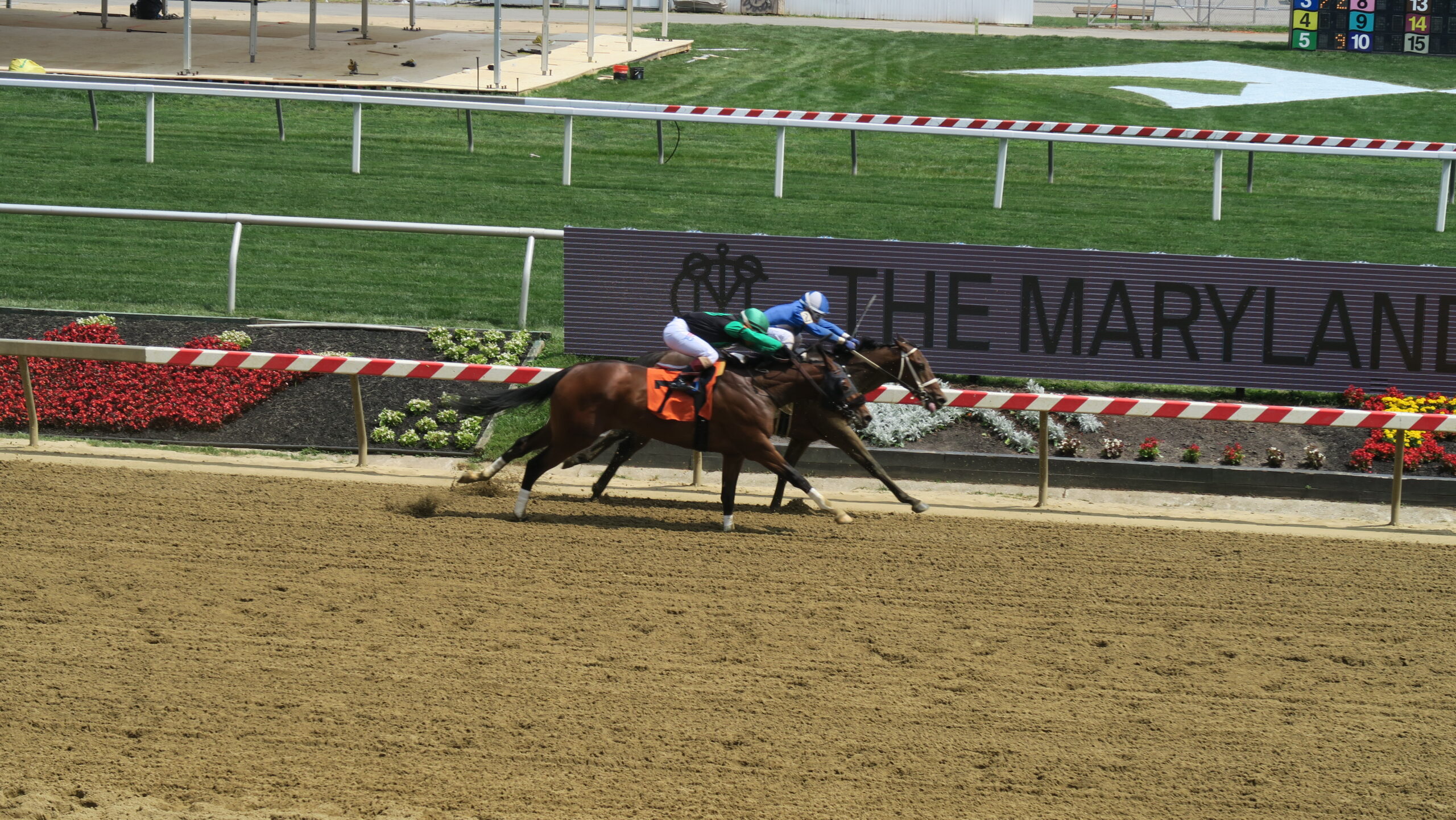Olszewski Appoints Work Group to Shape Baltimore County Public Campaign Fund
Baltimore County Executive John A. Olszewski Jr. (D) announced a work group Tuesday that will help shape Baltimore County’s recently approved public campaign financing system.
Last November, Baltimore County voters approved a charter amendment to create a Citizens’ Election Fund system in the county that would create a public trust to match small donations for county council and county executive candidates. The election fund is slated to go into effect in 2026.
Olszewski’s newly announced Fair Election Fund Work Group will make recommendations on how the county’s public campaign fund will work, including how candidates can qualify for public funding and how much funding campaigns can receive from the program. In a statement issued Tuesday, Olszewski said he wants to bring the county “out of the shadow of Spiro Agnew,” the former vice president who resigned amid a corruption scandal in 1973. He served as Baltimore County executive from 1962 to 1966.
“The volume of one’s voice should never depend on the size of their wallet. I thank all the members of this group for their help in tackling the influence of special interests in our elections — continuing to bring Baltimore County out of the shadow of Spiro Agnew,” Olszewski said. “By creating a fair election fund, we will empower a more diverse group of candidates, create a more level playing field, and strengthen our local elections for years to come.”
The Baltimore County Fair Election Fund Work Group will be chaired by County Councilmember Julian E. Jones Jr. (D), and will include voting rights advocates, elected officials and community members. Members include County Councilmember David S. Marks (R), Maryland PIRG Director Emily Scarr, Common Cause Maryland Executive Director Joanne Antoine, Sue Garzoni of the Baltimore County League of Women Voters and Eric Washington, a community member.
Samay Kindra, who chaired the “Yes for A!” Baltimore County Citizens’ Election Fund campaign, will also have a seat on the work group. The group will also include Jessica Klaitman, Jones’ community affairs director.
The work group also will recommend the “manner and timing” of public disbursements to campaign committees and how residents can donate to the Fair Election Fund’s voluntary contribution subfund.
The group also will hash out details for the county’s Fair Election Fund Commission – the body that will provide annual recommendations on how to keep the Fair Election Fund up and running. The first Fair Election Fund Work Group meeting will be held via Webex on April 22 at 2:30 p.m., according to a news release.
The group will need to finalize its recommendations in a report to the county council no later than Sept. 30 of this year.
Jones said in the release he hopes the county’s public campaign financing system will “strengthen the county’s democratic process and empower any individual, regardless of their background, to seek office.”
Antoine said in a separate release that she hopes the proposal will “build momentum” for the Maryland Fair Elections Act. That bill, sponsored by Sen. Paul G. Pinsky (D-Prince George’s) would create a tiered system for using public funds to match qualifying gubernatorial campaign contributions, prioritizing smaller donations. It would also guarantee funding for the public financing system for future elections.
“We are pleased that Baltimore County is joining four other jurisdictions across the state with small donor public financing,” Antoine said. “This reform will empower residents of the county and put them at the forefront of our elections and local government.”
Montgomery and Howard counties already have public financing available for campaigns. And Prince George’s County and Baltimore City have approved and are developing public financing for campaigns.
Pinsky’s bill would require the state to have enough money in the Fair Campaign Financing Fund to equal full funding for two gubernatorial campaigns in a primary election and one gubernatorial campaign in a general election, including a $4 million state appropriation to the fund for the 2023 fiscal year.
That proposal was passed by the Senate in a 38-7 vote earlier this month.
The public financing system for local elections in Baltimore County was one of Olszewski’s promises when he was on the campaign trail in 2018. The proposed charter amendment was passed with bipartisan support by the Baltimore County Council in 2019, paving the way for the 2020 vote by county residents.




 Creative Commons Attribution
Creative Commons Attribution